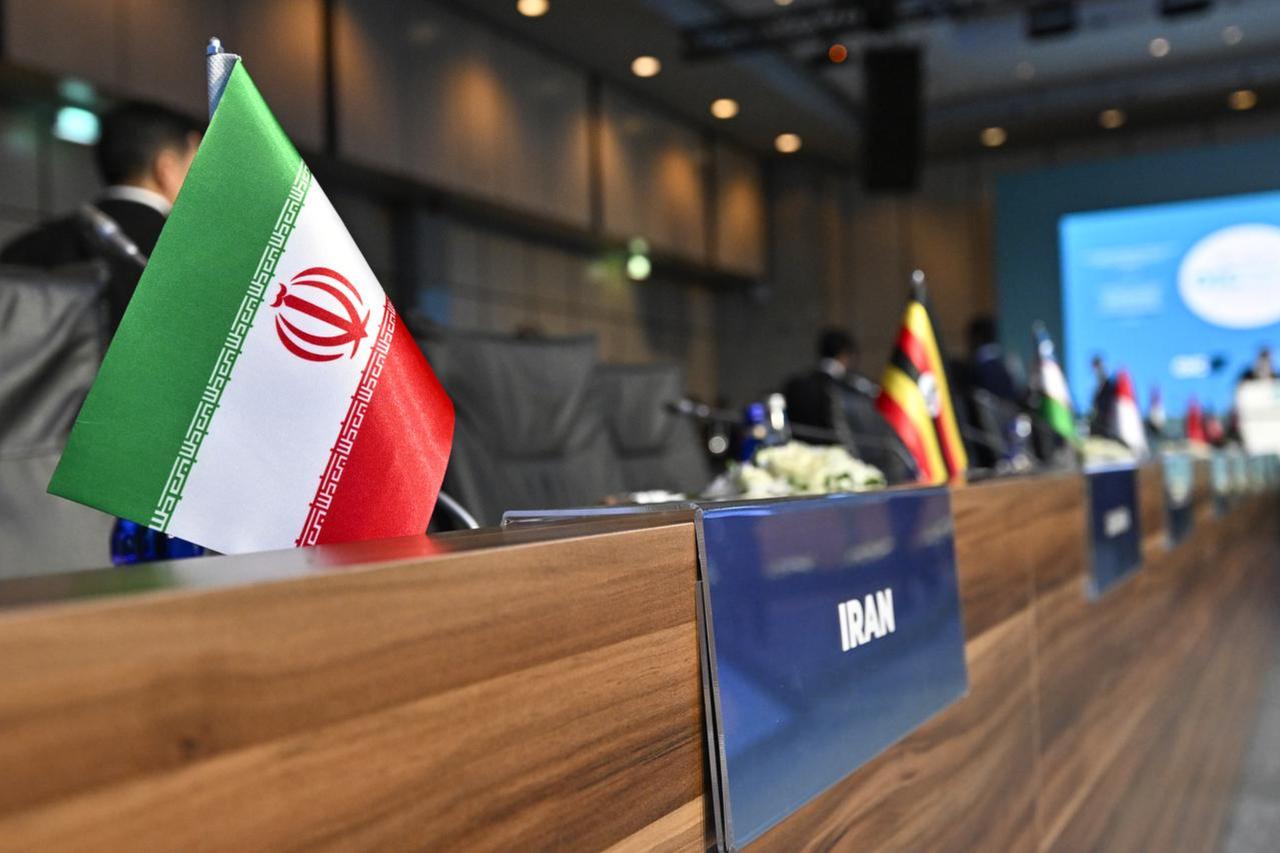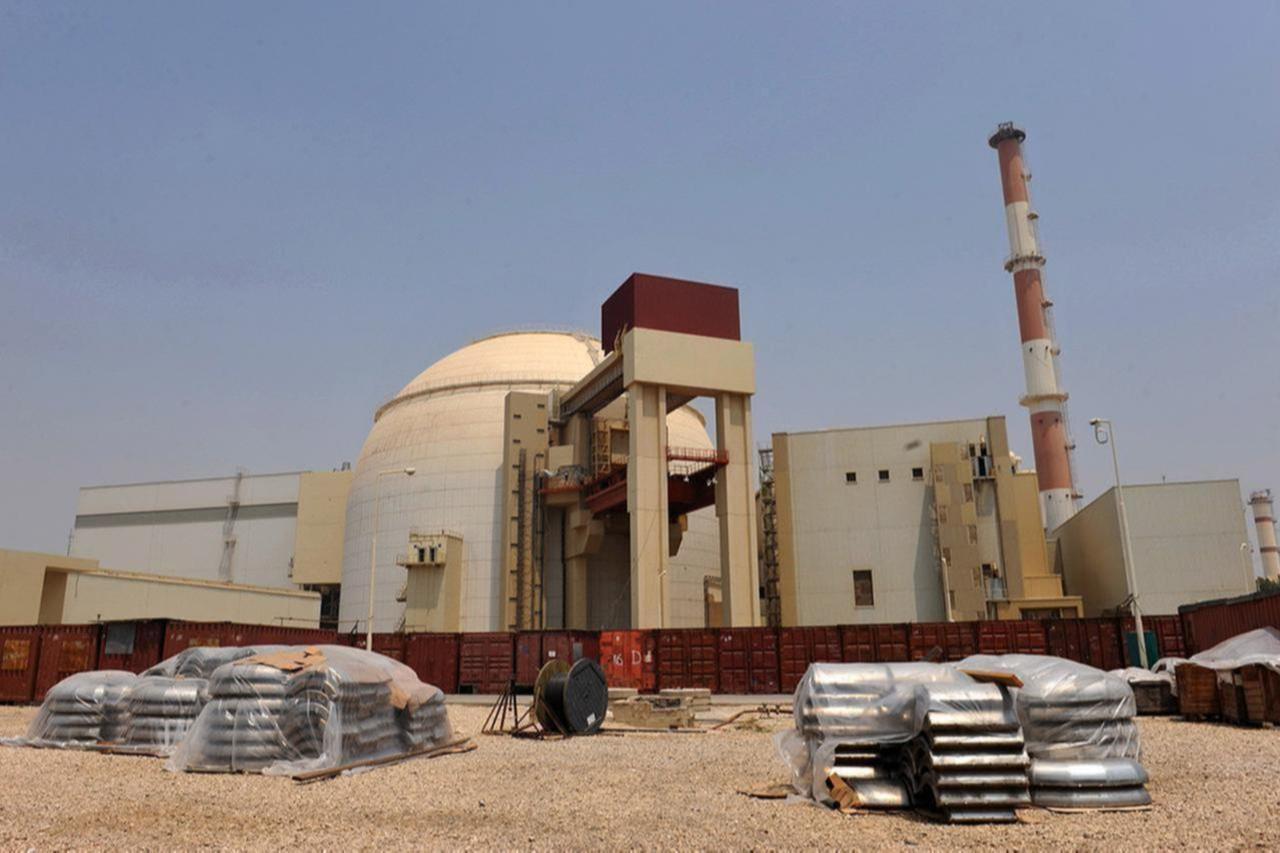
Iran announced Saturday that it is no longer bound by restrictions under the landmark 2015 nuclear deal, marking the formal expiration of the 10-year agreement with world powers while reaffirming its “commitment to diplomacy.”
The deal, signed in Vienna by Iran, China, Britain, France, Germany, Russia and the United States, had lifted international sanctions in exchange for limits on Tehran’s nuclear activities.
But the accord had already been unraveling since Washington’s unilateral withdrawal during U.S. President Donald Trump’s first term, followed by Iran’s gradual retreat from its obligations.
The Iranian Foreign Ministry said that, effective Oct. 18, 2025, all restrictions under the deal and related mechanisms were now “terminated.”
“All of the provisions of the deal, including the restrictions on the Iranian nuclear program and the related mechanisms, are considered terminated,” the ministry said in a statement. “Iran firmly expresses its commitment to diplomacy.”

The move comes weeks after U.N. sanctions were reimposed at the urging of Britain, France and Germany, who invoked the “snapback” mechanism included in the original accord. The decision effectively rendered the 2015 Joint Comprehensive Plan of Action (JCPOA) defunct.
Russia and China condemned the European move as “legally invalid” and “illogical” in a joint letter to the U.N. Security Council.
In an effort to avert the escalation, Tehran reached an agreement with the International Atomic Energy Agency (IAEA) in Cairo on Sept. 9 to resume suspended inspections, but European states deemed the step insufficient. The failure of subsequent talks led to the automatic reimposition of U.N. sanctions at midnight on Sept. 28.
Iranian Foreign Minister Abbas Araghchi later said Tehran may consider withdrawing from the Treaty on the Non-Proliferation of Nuclear Weapons (NPT) in response.
The IAEA has reported that Iran is now the only non-nuclear-weapon state enriching uranium to 60%, close to the 90% threshold required for nuclear weapons and far above civilian-use levels.
Western powers have accused Iran of secretly pursuing nuclear weapons—an allegation Tehran has repeatedly denied, insisting its program is for civilian energy production.
The 2015 accord capped uranium enrichment at 3.67%, imposed strict monitoring, and provided for the gradual lifting of sanctions.
In its Saturday statement, Iran’s Foreign Ministry accused Britain, France, and Germany of sabotaging the diplomatic process.
“Iran’s efforts to revive the exchanges (with the IAEA) that led to the agreement in Cairo were also sabotaged by the irresponsible actions of the three European countries,” the statement said.
The ministry reiterated that Iran “remains committed to diplomatic solutions,” but said that the expiration of the 2015 deal renders “all U.N. sanctions null and void.”
Tensions over Iran’s nuclear program have intensified since July, when Tehran suspended cooperation with the IAEA, accusing the agency of failing to condemn Israeli and U.S. airstrikes on its nuclear facilities during the 12-day war with Israel.
The attacks and Iran’s retaliatory strikes derailed ongoing nuclear negotiations between Tehran and Washington, deepening the standoff and complicating diplomatic efforts.
With the expiration of the nuclear deal, Iran’s future engagement with Western powers—and the fate of its nuclear program—remain uncertain, raising fears of renewed confrontation across the Middle East.